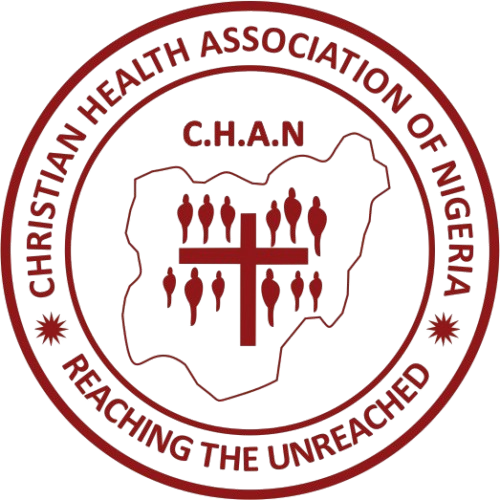Bread For the World Project
Project Mission
To strengthen the institutional capacity of CHAN and Mission Institutions (MIs) for effective and sustainable healthcare delivery in Nigeria. By fostering collaboration between MIs, government at all levels, donor agencies, and civil society, the program aims to improve healthcare services, enhance resource mobilization, and promote accountability in mission-driven health systems. Through strategic advocacy, training, and engagement, the project seeks to build resilient partnerships and ensure access to quality healthcare across communities.
The CHAN Health Resources Mobilization Advocacy Project has been ongoing for over 18 years, with implementation across 19 states in Nigeria: Anambra, Enugu, Imo, Abia, Cross River, Akwa Ibom, Rivers, Edo, Delta, Oyo, Ogun, Lagos, Benue, Plateau, Taraba, Gombe, Adamawa, Kaduna, and Nasarawa. The project is funded by Bread for the World (BFTW).
The programme operated nationally and in 20 states. Its 6th Phase, which lasted for four years, ended on October 31st, 2020. On June 1st, 2021, the project transitioned to its 7th Phase. However, as requested in December 2020, the project’s focus shifted away from advocacy alone. The current emphasis, among others, is on Institutional Capacity Strengthening of CHAN and Faith-Based Organizations (FBOs) for more effective service delivery in Nigeria.
Previously, through advocacy efforts, the project succeeded in:
Building sustainable bridges between CHAN and her Proprietors, between CHAN and her Mission Institutions (MIs), as well as between MIs and the Government of Nigeria at the three tiers.
Attracting resources in both cash and kind to MIs.
In 2020 alone, over ₦300,000,000 in cash and kind was mobilized for Mission Hospitals across Nigeria.
The programme’s overall aim has been to:
Stimulate the Federal and State Governments’ response to healthcare delivery by Mission Institutions (MIs).
Strengthen relationships between States, the Federal Government, Donor Agencies, and Civil Society groups.
Improve the level of healthcare delivery provided by Mission Institutions.
Enhance the budgeting and accountability processes of MIs.
Key activities include:
Regular meetings
Participation in training
Advocacy visits and campaigns
Media advocacy
Legislative dialogue
Peer reviews and exchanges
The expected outputs are strengthened advocacy skills among MIs and increased income generation to ensure sustainability.

